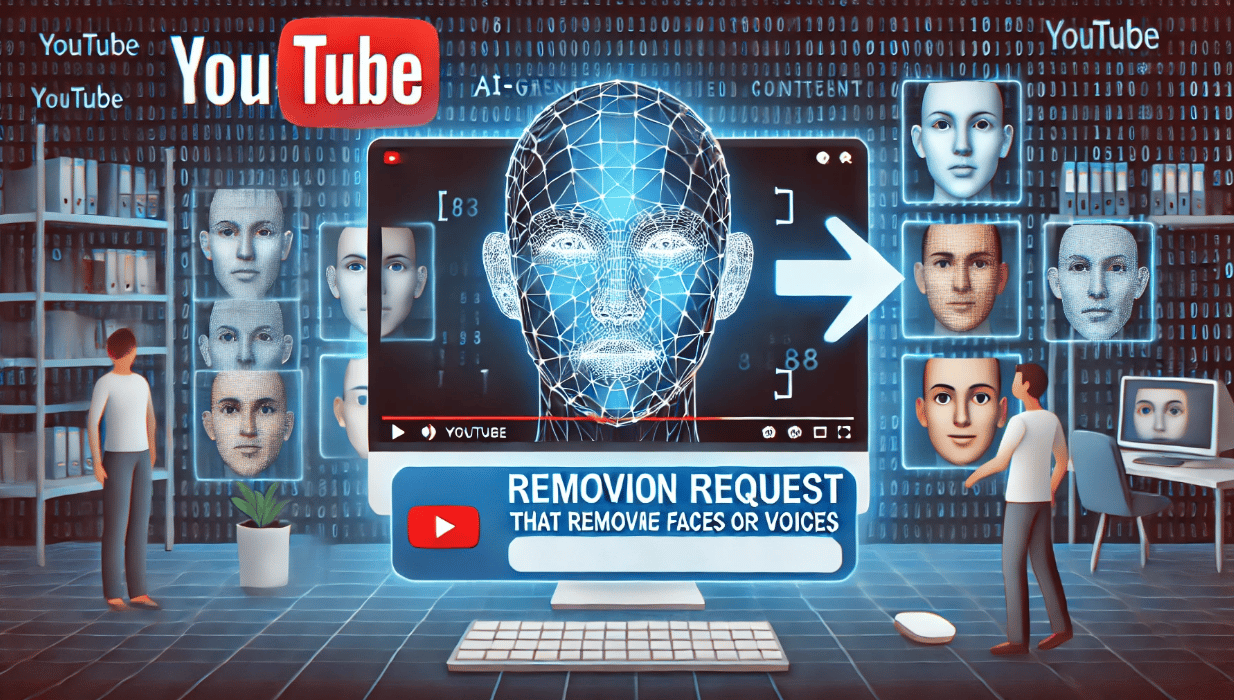
YouTube Allows Requests to Remove AI-Simulated Faces or Voices
YouTube has quietly updated its policy to address the rise of AI-generated content that mimics individuals' faces or voices. In June, the platform began allowing people to request the removal of such content under its privacy request process, an extension of its responsible AI agenda introduced last November.
New Privacy Request Process
Instead of labeling content as misleading, like deepfakes, YouTube encourages affected parties to request the removal of AI-generated content as a privacy violation. According to YouTube’s updated Help documentation, it requires first-party claims, with exceptions for minors, those without computer access, the deceased, or other specific cases.
Factors Considered for Removal
Submitting a takedown request does not ensure content removal. YouTube evaluates complaints based on several factors, including:
Whether the content is disclosed as synthetic or AI-made
If it uniquely identifies a person
Whether it is parody, satire, or in the public interest
If it features a public figure or well-known individual engaging in “sensitive behavior” such as criminal activity, violence, or endorsements
YouTube allows content uploaders 48 hours to act on a complaint. If the content isn’t removed within this time, YouTube will review the request. The company warns that removal involves fully deleting the video and any related personal information. Users can blur faces in their videos, but making a video private isn’t sufficient as it could be made public again.
Policy Implementation and Tools
YouTube did not widely announce this policy change. However, in March, it introduced a tool in Creator Studio for creators to disclose when content is made with synthetic media, including generative AI. Recently, YouTube began testing a feature for adding crowdsourced notes to videos, indicating if a video is a parody or misleading.
Balancing AI Use and Privacy
While YouTube is not against AI use and has experimented with generative AI tools like a comments summarizer and conversational tool, it insists that labeling AI content doesn’t protect it from removal if it violates YouTube’s Community Guidelines.
Privacy Complaints and Creator Impacts
Privacy complaints are separate from Community Guidelines strikes. Receiving a privacy complaint doesn’t automatically result in a strike. While a privacy request might lead to content removal, it won’t result in penalties like upload restrictions unless there are repeated violations.
